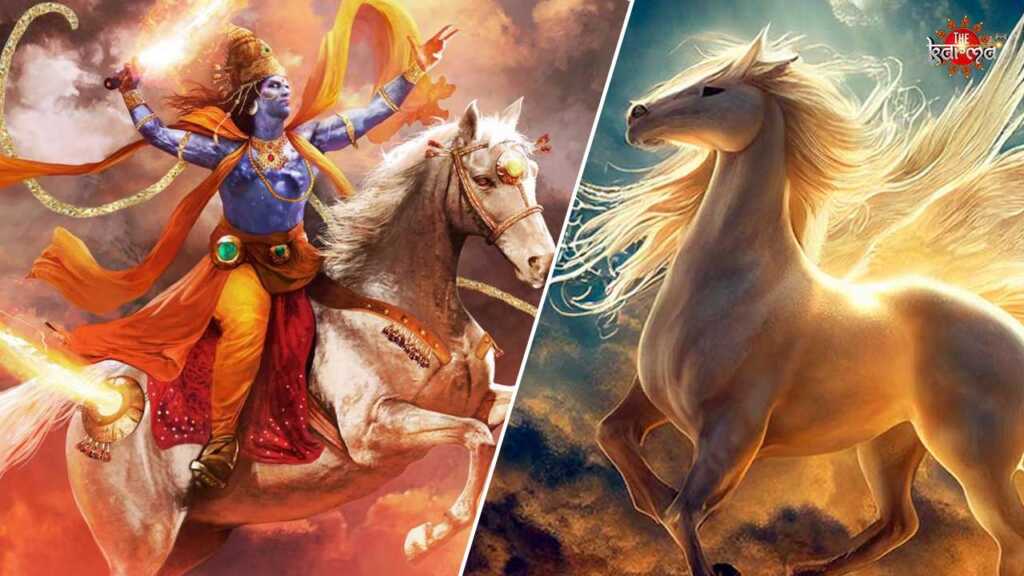
In Indian mythology, horses are not merely animals but symbolic beings that hold profound significance in various narratives and rituals. Their importance is rooted in ancient texts, religious scriptures, and epic tales that highlight their divine associations, royal status, and role in cosmic events.
Divine Connections
One of the most prominent representations of horses in Indian mythology is their association with divine beings. In Hinduism, horses are often linked to deities and are seen as manifestations of divine power. For instance, the god of fire, Agni, is described as having a horse’s head, symbolizing purity and the power of transformation. Similarly, in the Rigveda, horses are regarded as sacred creatures, embodying the energy of the sun and the power of the cosmos.
Epic Narratives
Horses play a crucial role in major Indian epics, such as the Mahabharata and the Ramayana. In the Mahabharata, the horse sacrifice or Ashvamedha yagna is a significant ritual performed by kings to assert their dominance and legitimacy. The ritual involves letting a consecrated horse wander freely, symbolizing the king’s sovereignty over the lands it traverses. The sacrificial rite underscores the horse’s role as a symbol of power and prosperity.
In the Ramayana, the horse is symbolically linked to the character of the divine prince, Rama. During his quest to rescue his wife, Sita, Rama’s chariot, drawn by horses, represents divine support and guidance, illustrating the horse’s role as an instrument of divine will and protection.
Celestial Associations
Horses are also integral to the celestial narratives in Indian mythology. The mythical horse, Uchchaihshravas, is said to have emerged from the churning of the ocean of milk (Samudra Manthan) and is often depicted as a seven-headed steed that belongs to the gods. Uchchaihshravas is a symbol of divine splendor and celestial grace, emphasizing the horse’s elevated status in the cosmic order.
Symbolism and Rituals
Beyond their direct divine and epic associations, horses symbolize various attributes in Indian culture. They represent strength, agility, and nobility. In Hindu rituals and festivals, horse figures are frequently used in processions and celebrations. The vibrant and elaborate decorations of horse figures during festivals like the Chariot Festival (Rath Yatra) underscore their symbolic importance in communal and religious life.
Furthermore, horses are featured in traditional Indian art and sculpture, often depicted in dynamic poses that highlight their elegance and power. Their representation in art reinforces their role as symbols of vitality and grandeur.
Conclusion
In summary, horses occupy a place of reverence and symbolism in Indian mythology. Their divine associations, pivotal roles in epic narratives, celestial connections, and symbolic significance reflect their esteemed position in the cultural and religious landscape of India. Whether as celestial beings, symbols of royal power, or instruments of divine will, horses continue to be celebrated and honored in various aspects of Indian mythology and culture. Their legacy endures as a testament to their timeless importance in the ancient and modern world.